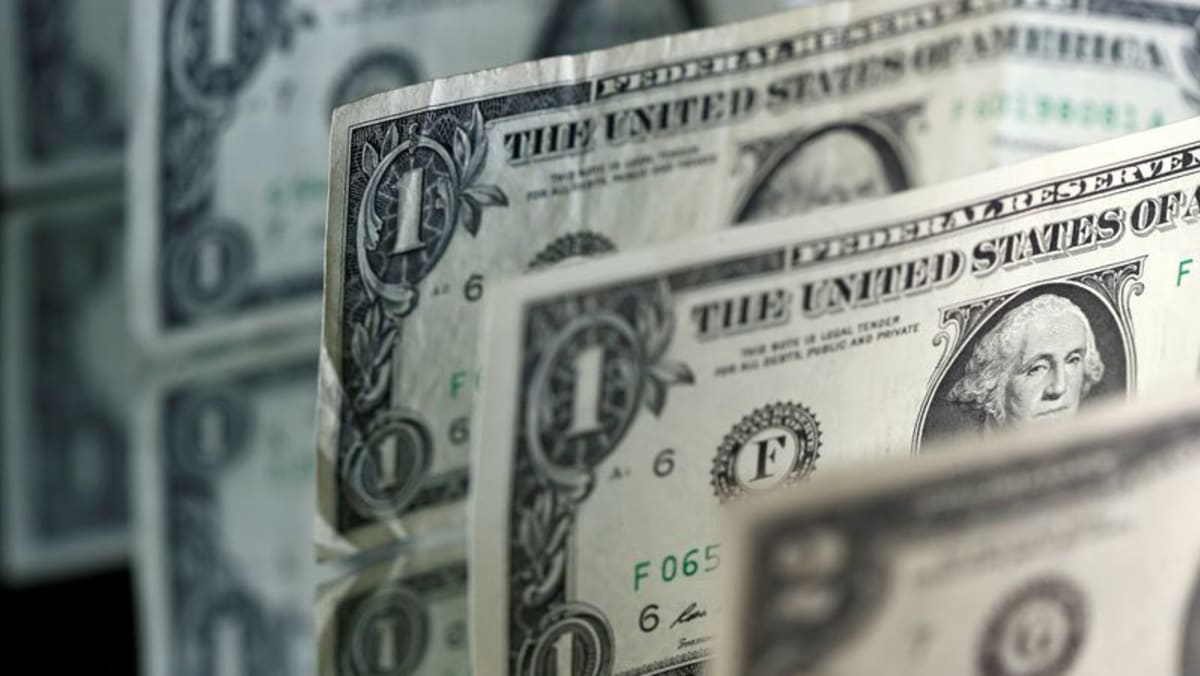BEIJING: China's top legislature passed a keenly anticipated law on Wednesday (Apr 30), state news agency Xinhua reported, to help shore up the private sector amid trade tensions with the United States.
The Private Economy Promotion Law will take effect from May 20 and includes provisions on fair competition, access to investment and financing and rights protections.
The new law "will further optimise the development environment for private businesses, ensure fair market competition among all types of economic entities, promote the healthy growth of both the private economy and private entrepreneurs", Xinhua said.
It consists of nine chapters and 78 articles, including fair competition, investment and financing promotion, technological innovation, and rights protection, it added.
A senior researcher at a Beijing think tank told South China Morning Post that the law would also prevent local authorities from unfairly targeting private businesses.
“In the past two years, the business community has responded strongly to profit-seeking law enforcement and officers going beyond their jurisdiction to collect fines or seize assets,” said Tang Dajie, a senior researcher with the China Enterprise Institute think tank.
“The law will restrict the law enforcement power of the public security department and promote strict, standardized, fair and civilized law enforcement.”
China's top prosecutors have earlier also promised to give more legal protection to private businesses, pledging to crack down on illegal investigations targeting the sector.
Du Xueyi, head of economic crime prosecution under the Supreme People’s Procuratorate, reportedly said in February that Beijing would “resolutely correct profit-driven illegal law enforcement, such as illegal case filings, involvement in economic disputes, cross-regional arrests, and unlawful sealing, confiscation or freezing of assets”.
The government has in recent months unveiled a raft of measures to support the depressed private firms and the economy, which has been reeling from weak domestic consumption and a destabilising debt crisis in the property sector.
The private sector in China, which competes with state-owned companies, contributes more than half of tax revenue, over 60 per cent of economic output and 70 per cent of tech innovation, official estimates show.
In February, Chinese President Xi Jinping met with high-profile entrepreneurs including e-commerce giant Alibaba's Jack Ma, as part of efforts to offer assurances to the private sector amid increasing economic headwinds confronting the country.

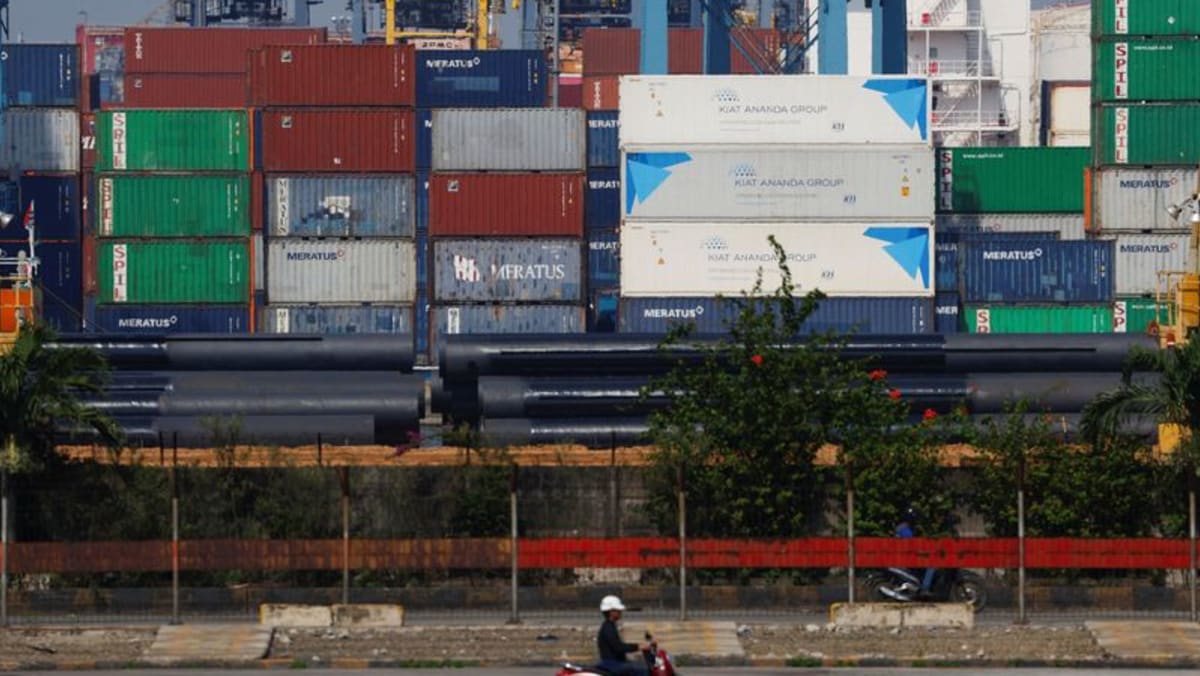

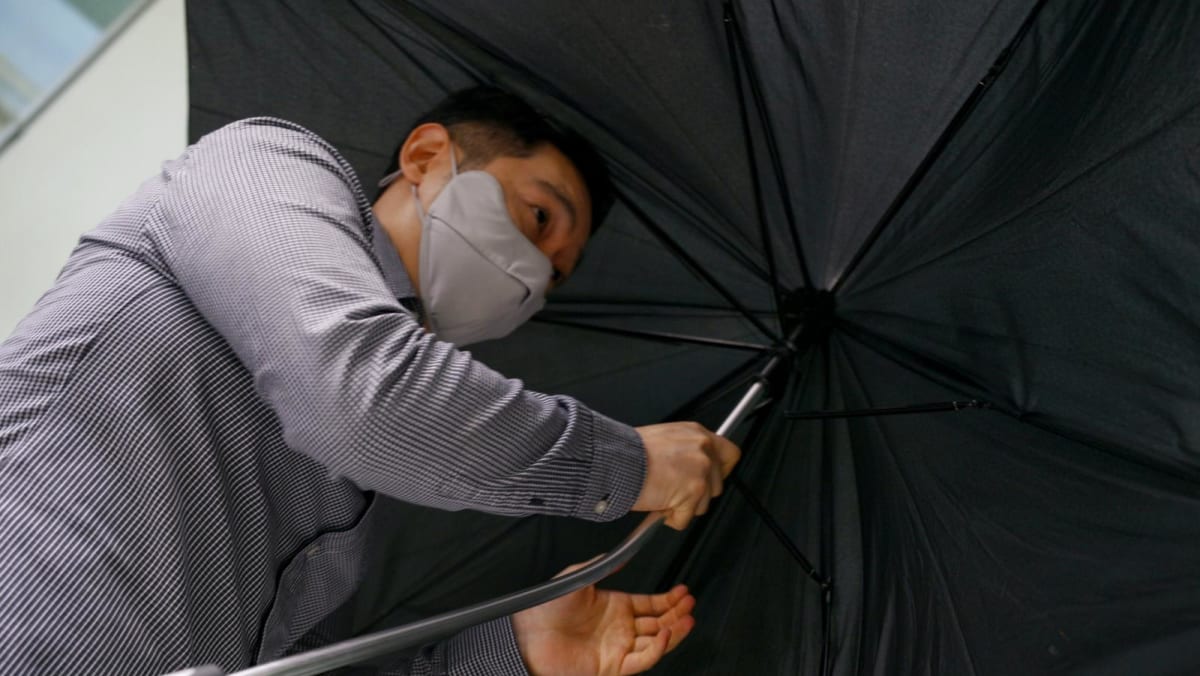




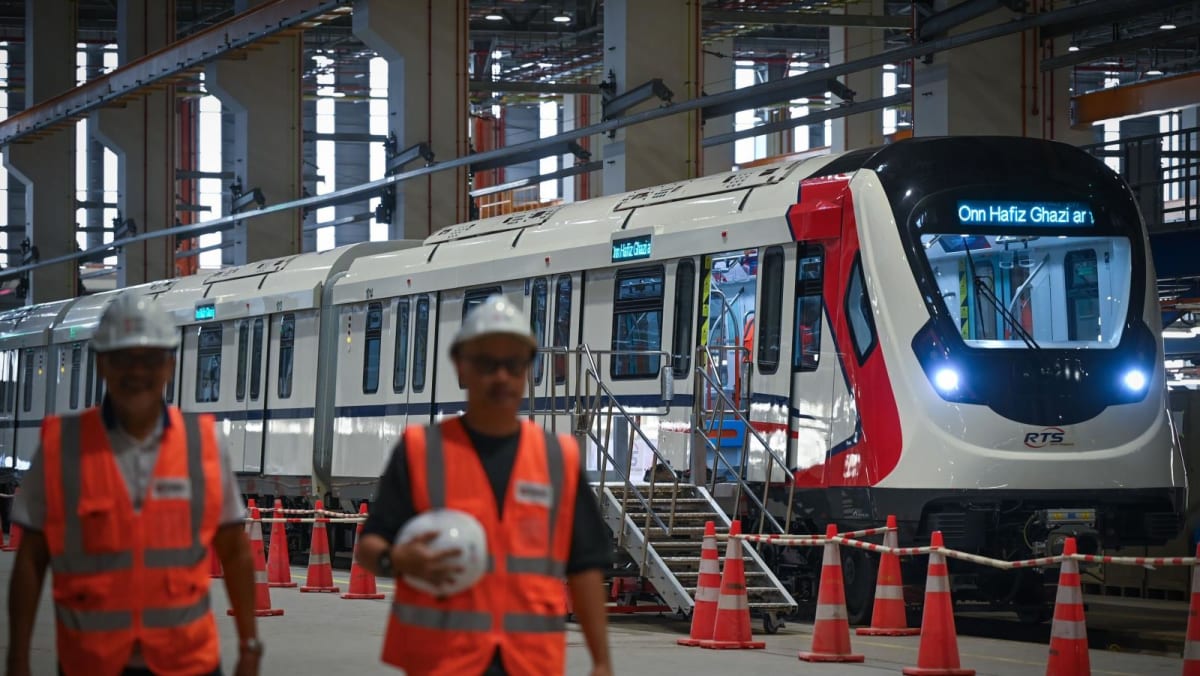
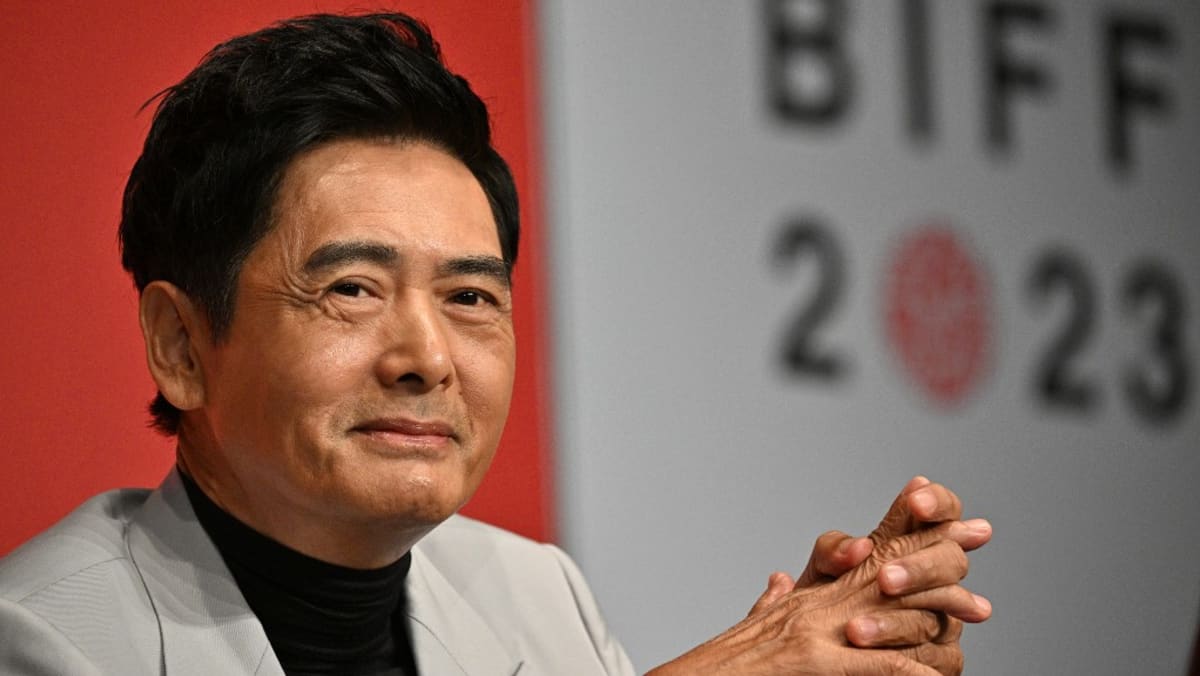



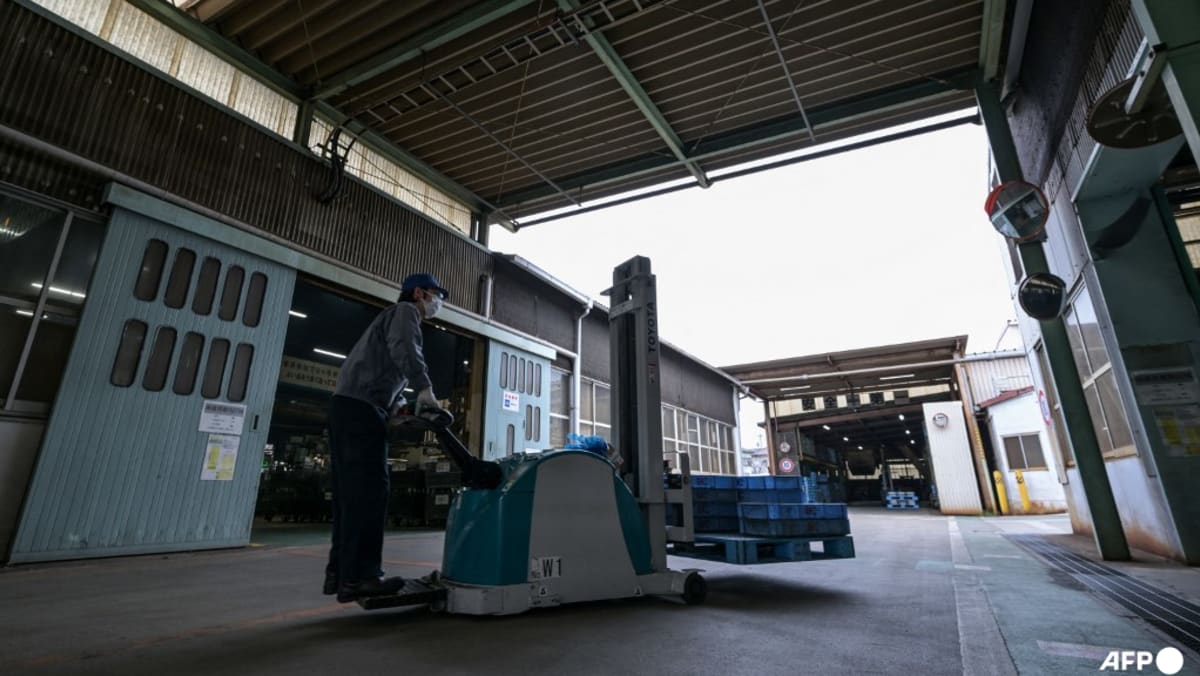
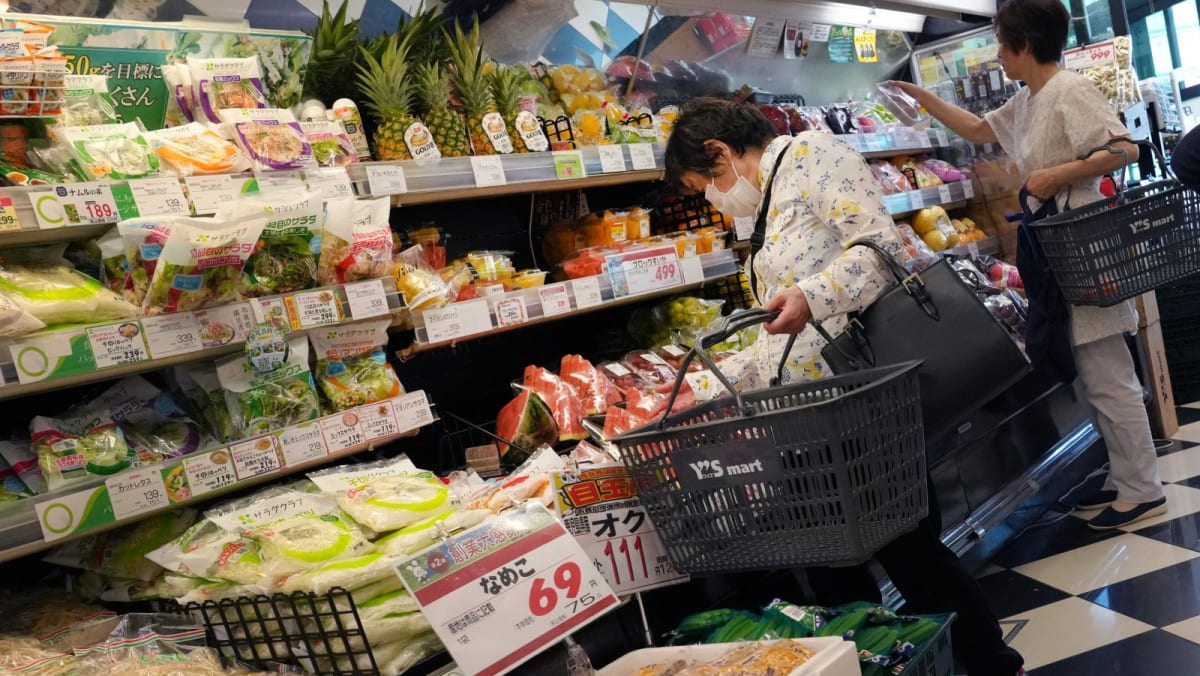
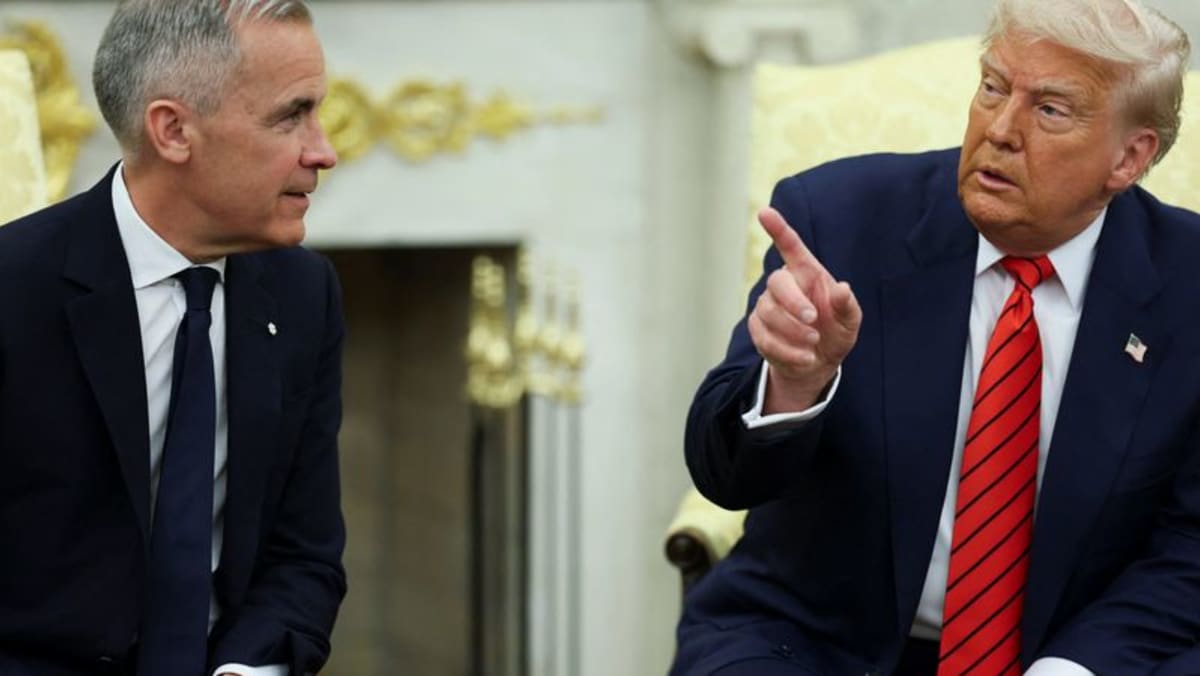


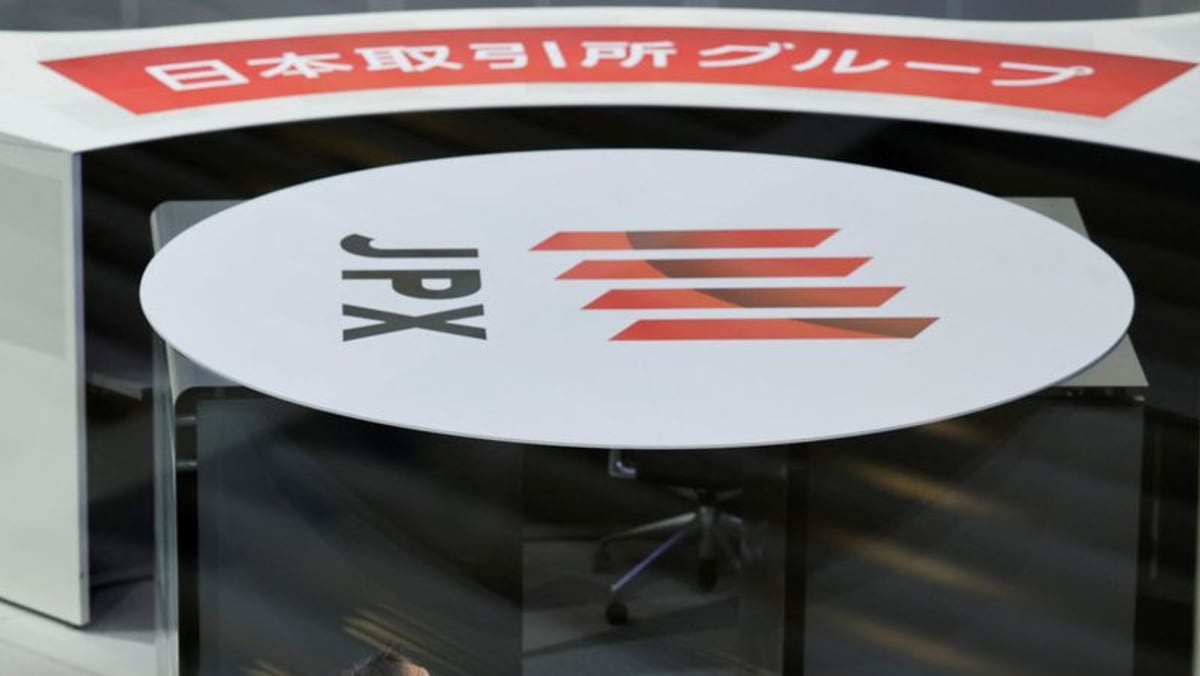
















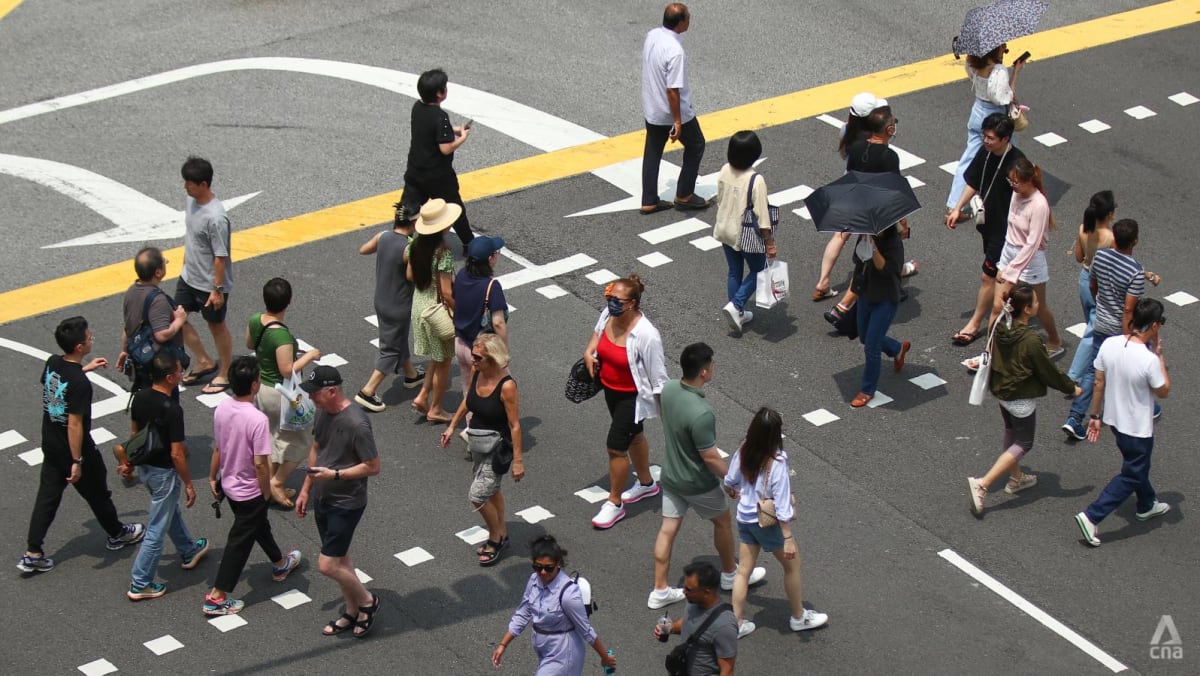













.png?itok=erLSagvf)
